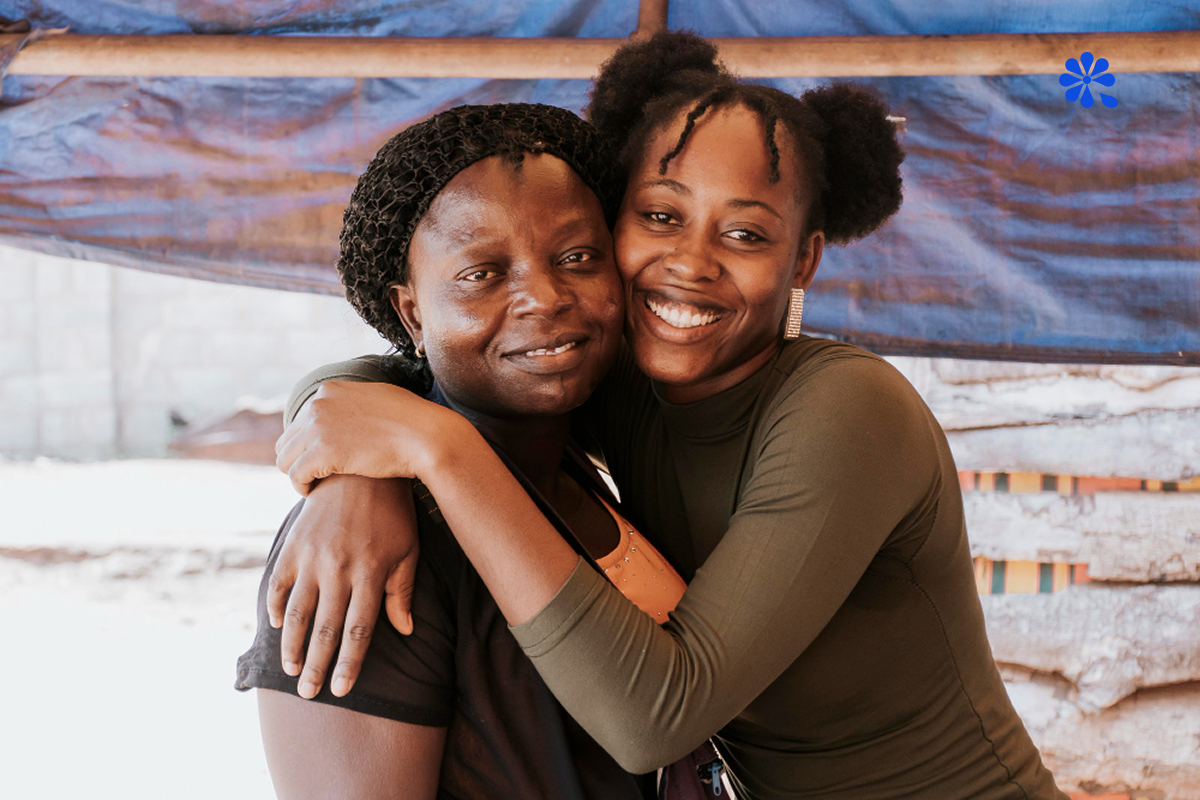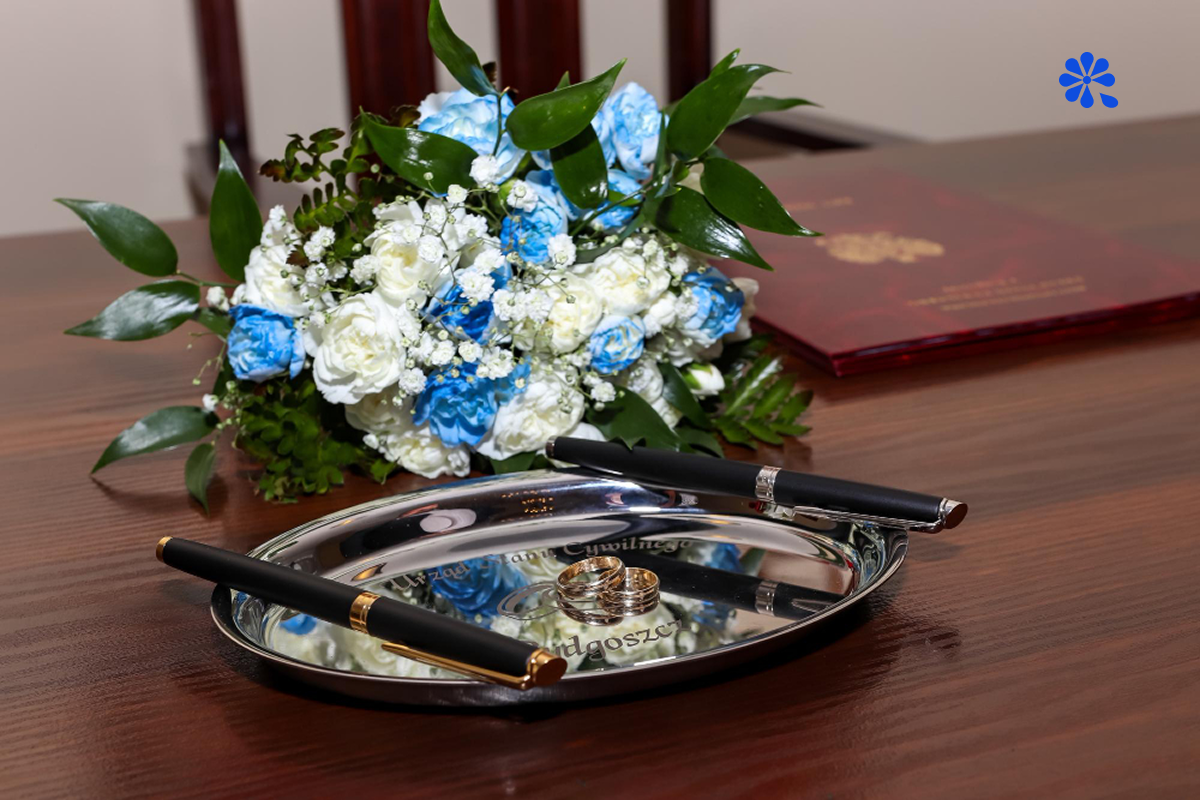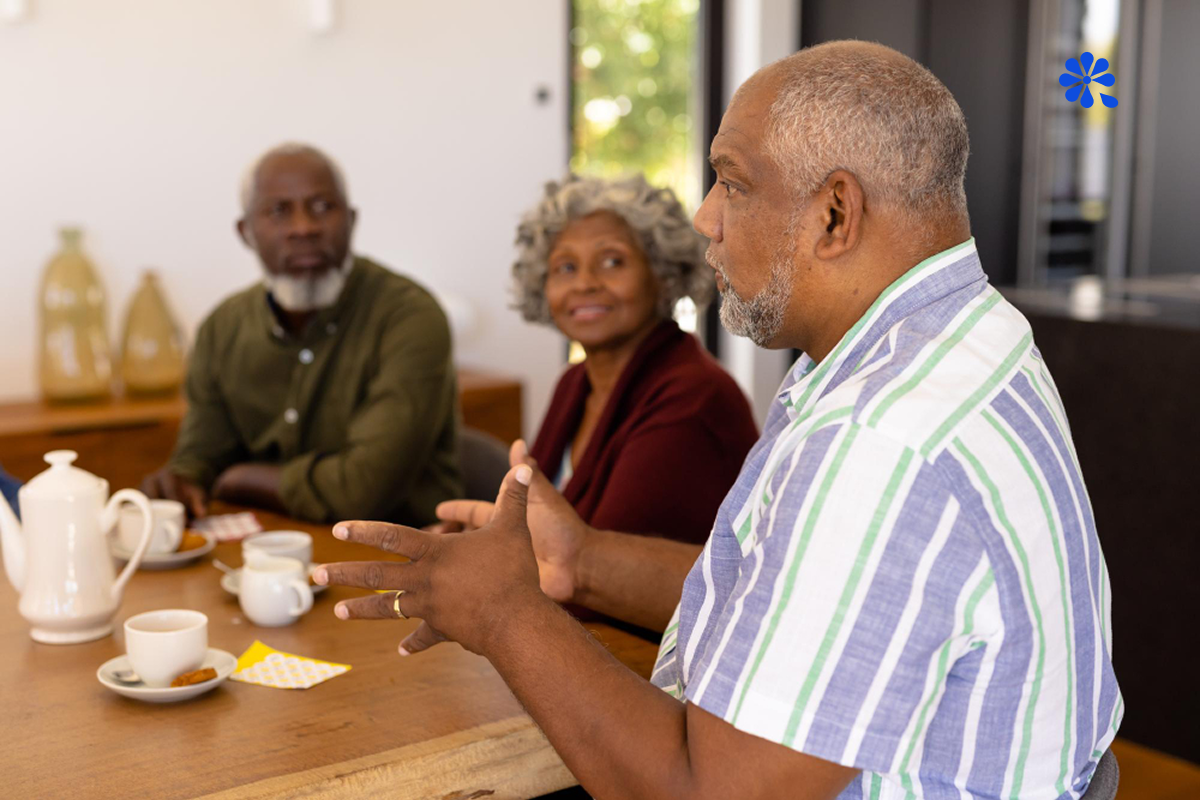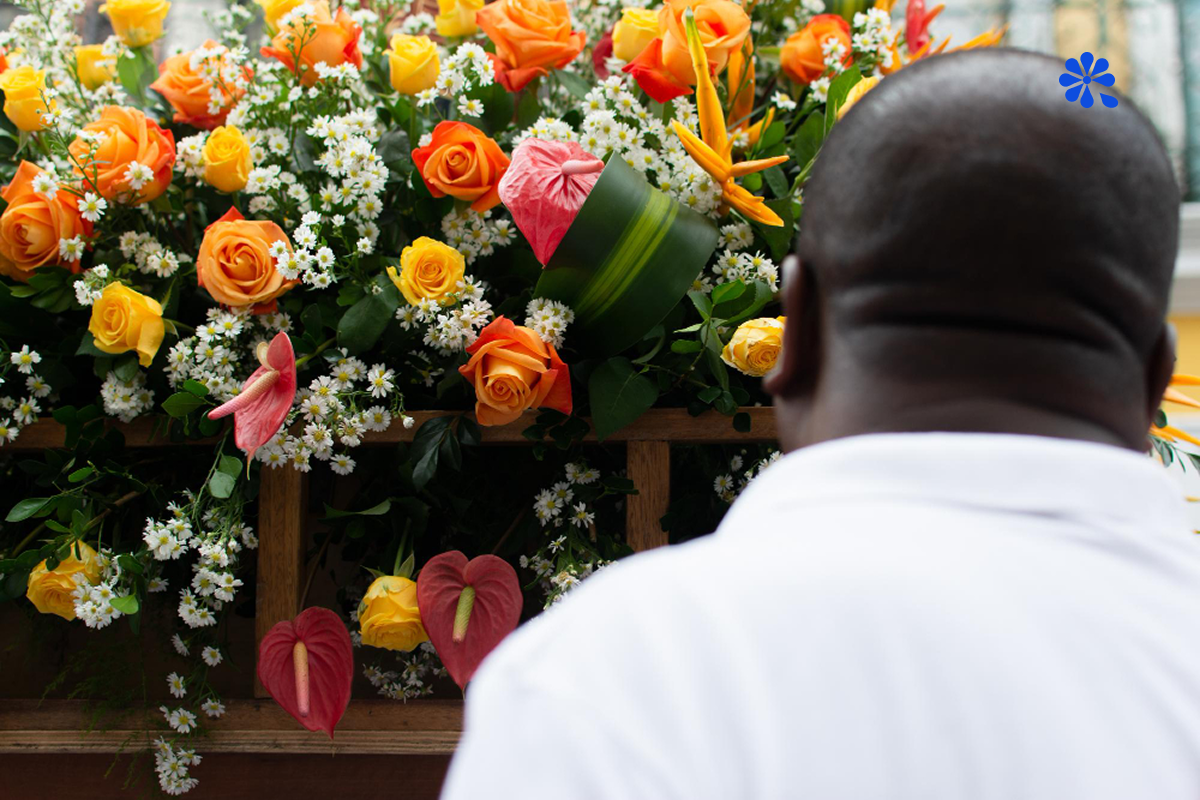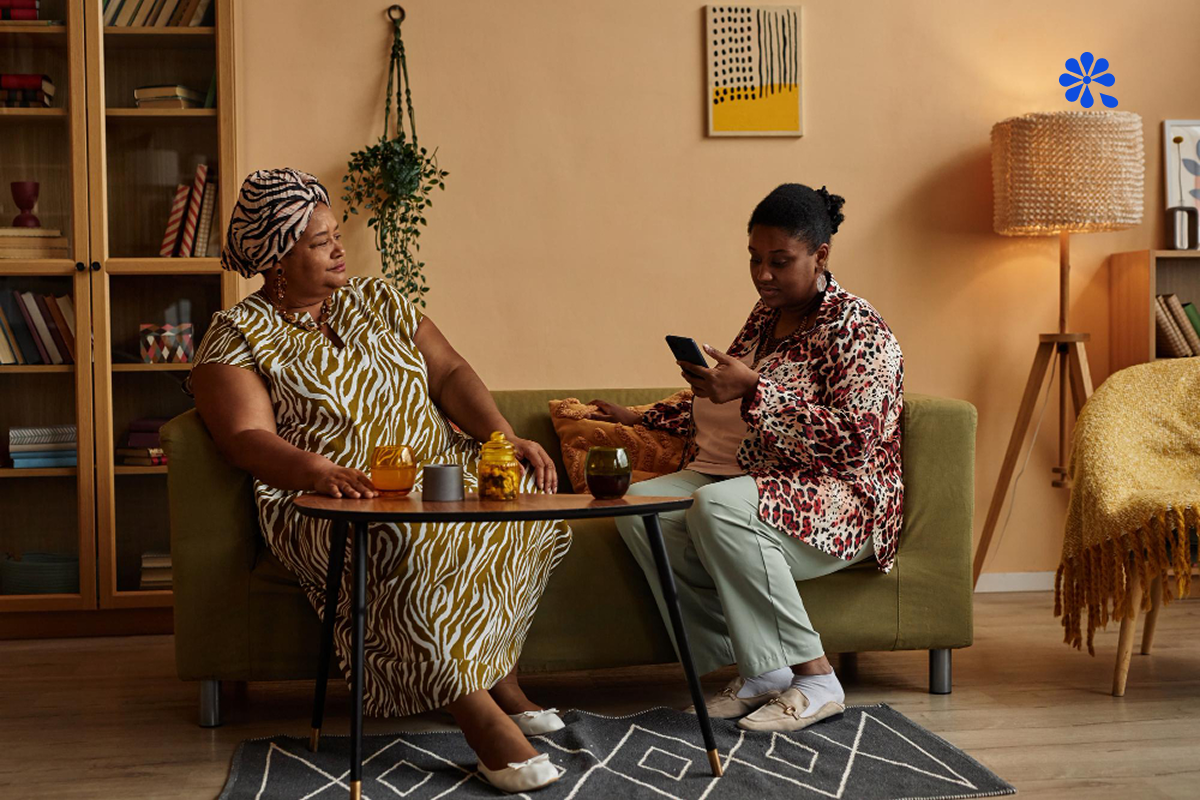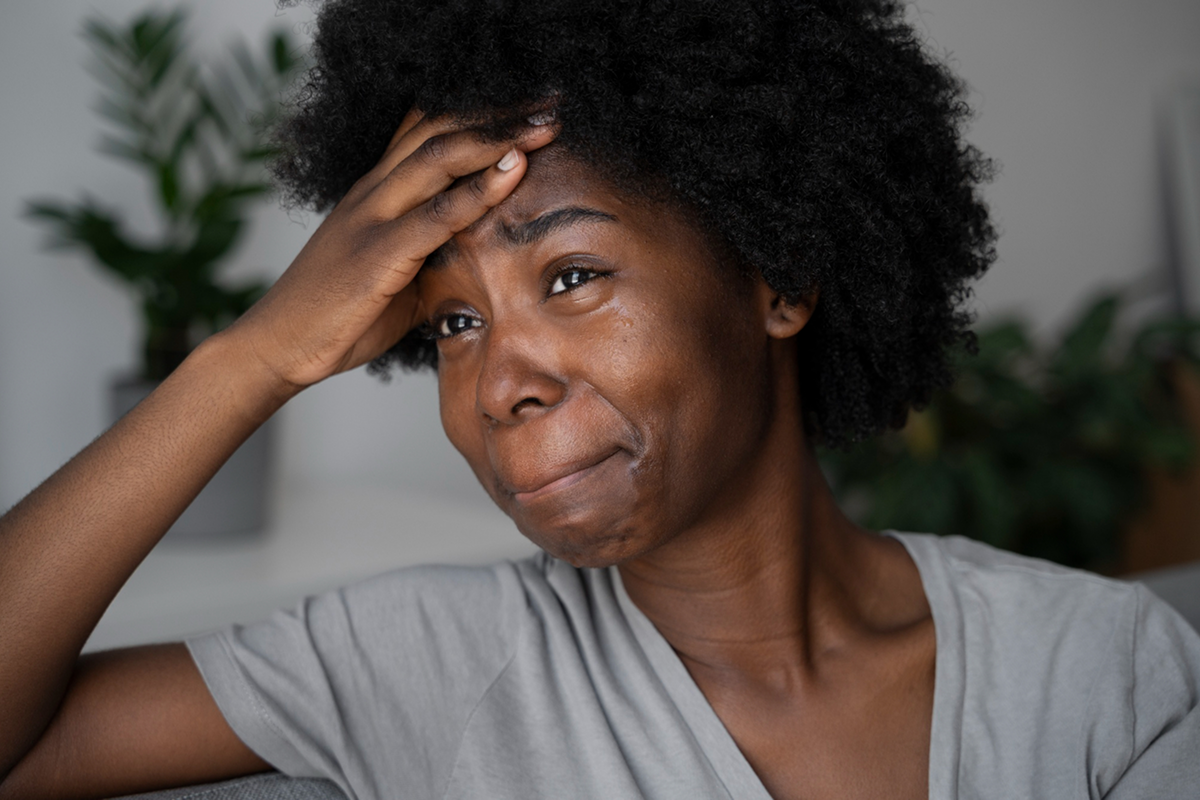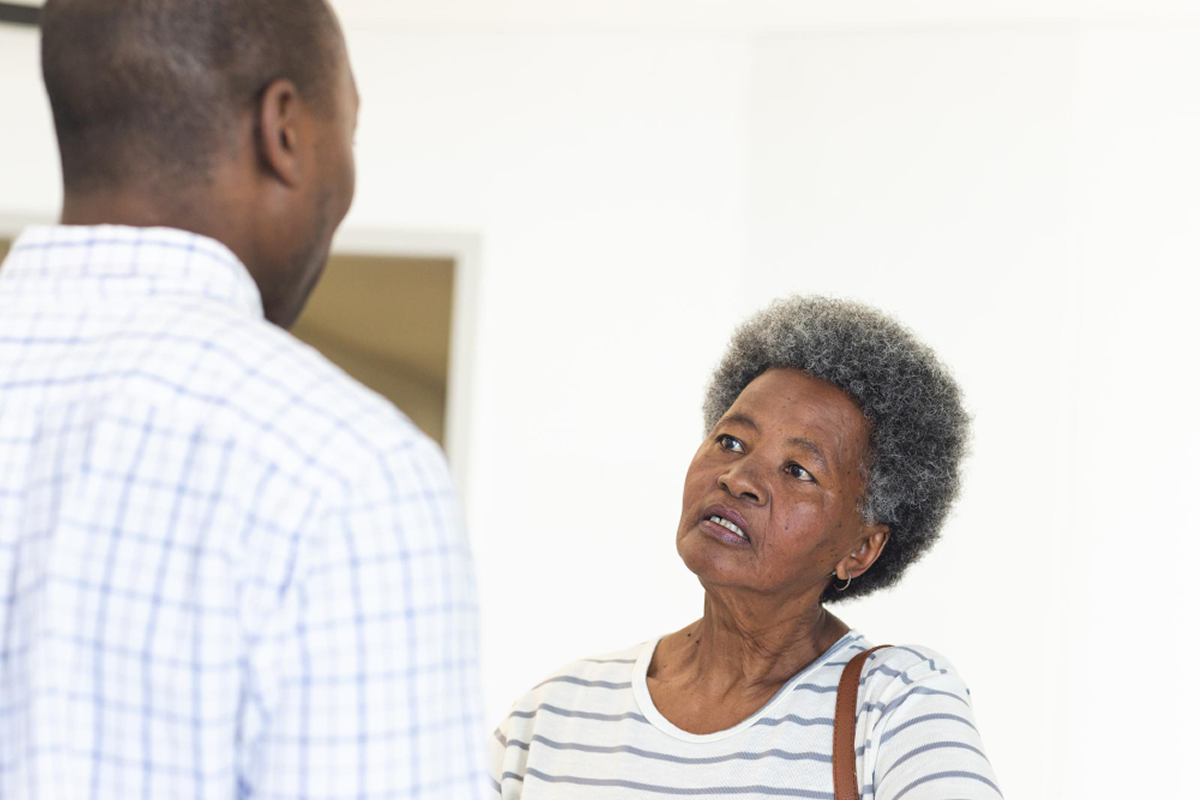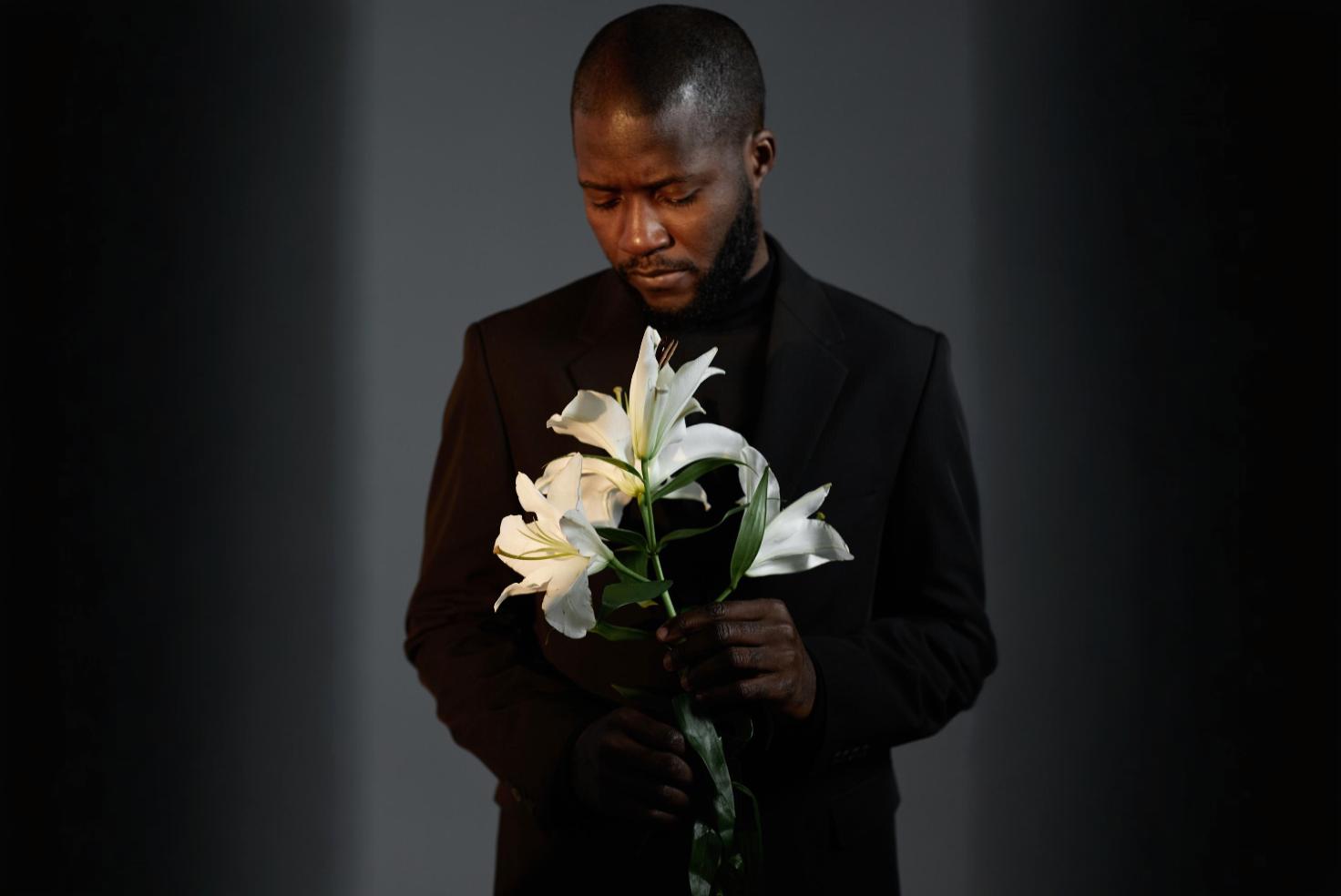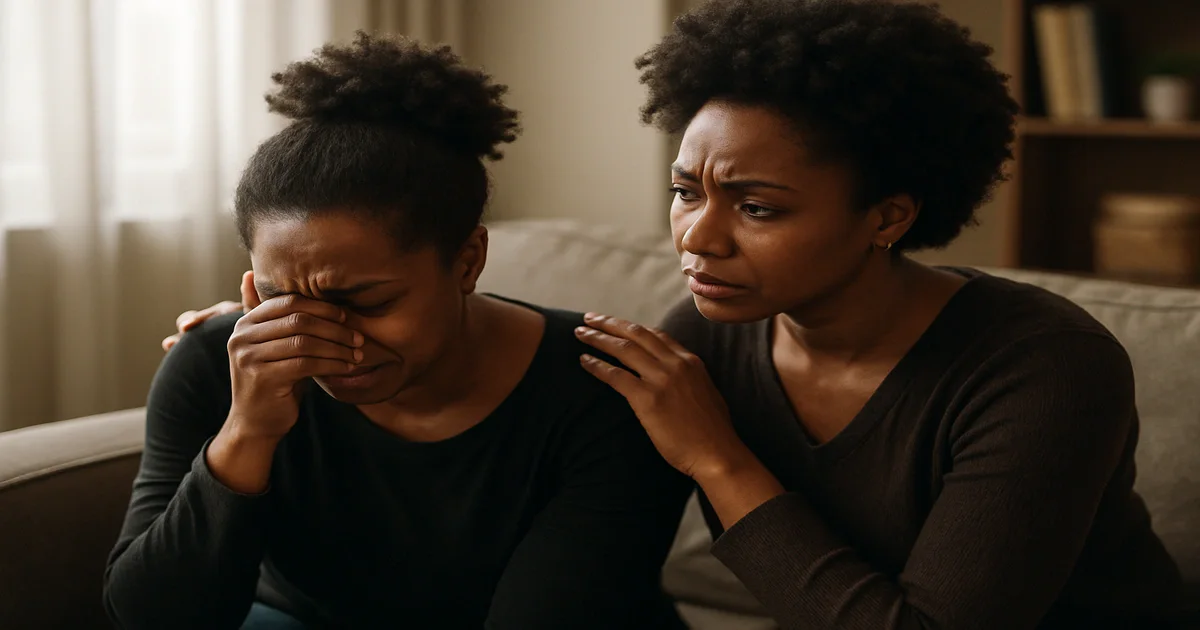Losing a loved one comes with many difficult decisions. One of the most significant is choosing how to lay them to rest.
In Kenya, families often weigh between burial and cremation — a choice influenced by culture, religion, personal preference, and practical considerations.
While both are legally recognized, they carry different expectations and experiences. Understanding these differences can help families make an informed and respectful choice.
At a Glance🕊️
- ·
Burial is the most common choice in Kenya, deeply tied to cultural, religious, and family traditions.
- ·
Cremation is less common but slowly gaining acceptance, especially in urban areas.
- ·
Factors to weigh include cultural values, religious beliefs, costs, availability of facilities, and family wishes.
- ·
Both choices carry legal, emotional, and logistical considerations.
Burial Traditions in Kenya
For many communities in Kenya, burial is more than just a way of laying a loved one to rest—it is a cultural expectation.
Families often see it as a duty to return the deceased to their ancestral land, where generations before them are buried. In rural settings, this often means transporting the body from the city back to the village, which can be a complex and costly process.
Religious traditions also shape burial practices. In Christianity and Islam — the two dominant faiths in Kenya — burial is the primary rite of passage after death.
Funerals are often marked by large gatherings, lasting several days, with prayers, songs, and rituals that strengthen family bonds.
Understanding Cremation in Kenya
Cremation is less common, but it is legally recognized and practiced, particularly in urban centers like Nairobi and Mombasa.
Historically, cremation has been associated with Hindu and Sikh communities, but in recent years some non-Hindu Kenyans have begun considering it for practical reasons such as cost and land scarcity.
Cremation facilities remain limited. Nairobi has one of the country’s main crematoria, at Kariokor. Availability and accessibility can be a challenge for families outside major towns, often making burial the default option.
Cost Considerations
Cost is often a significant factor in the decision between burial and cremation. Burials can involve expenses such as hospital mortuary fees, coffin purchase, transportation of the body, land acquisition or preparation, and large-scale funeral gatherings.
These costs can quickly add up, especially when extended family expectations are high.
Cremation may be less expensive overall, since it eliminates costs like purchasing land for a grave. However, the cost advantage depends on how elaborate the family chooses to make the funeral service, as families may still host memorial gatherings afterward.
Legal and Administrative Steps
Both burial and cremation require certain legal steps in Kenya. A burial permit is required for either interment or cremation. Families need to liaise with local authorities or funeral homes to ensure all procedures are followed correctly.
For cremation, additional consent may be required depending on the facility, and families are usually asked to provide written confirmation of their wishes.
Emotional and Family Expectations
Funeral decisions are rarely made by one individual. In Kenya, extended families often have a strong say in whether burial or cremation is chosen.
This can sometimes lead to disagreements, particularly if the deceased had expressed wishes that differ from traditional expectations.
Burial is often seen as a way of keeping family ties visible — relatives can visit the grave and hold annual memorials.
Cremation, on the other hand, may feel less tangible for some, though families often keep or scatter ashes in meaningful places.
Factors to Guide Your Decision
When faced with the choice, families may consider:
- ·
The deceased’s wishes – Did they leave instructions?
- ·
Cultural and religious traditions – What is acceptable in the community and faith?
- ·
Cost implications – What can the family reasonably afford?
- ·
Practicality – Are facilities available and accessible?
- ·
Family consensus – Will the decision bring peace or conflict?
WithPema Insight
Funeral decisions in Kenya go beyond logistics — they reflect identity, belief, and legacy. Whether choosing burial or cremation, the most important step is open family communication.
By discussing options early, families can avoid conflict, honor their loved one’s wishes, and focus on the healing that comes from shared remembrance.


